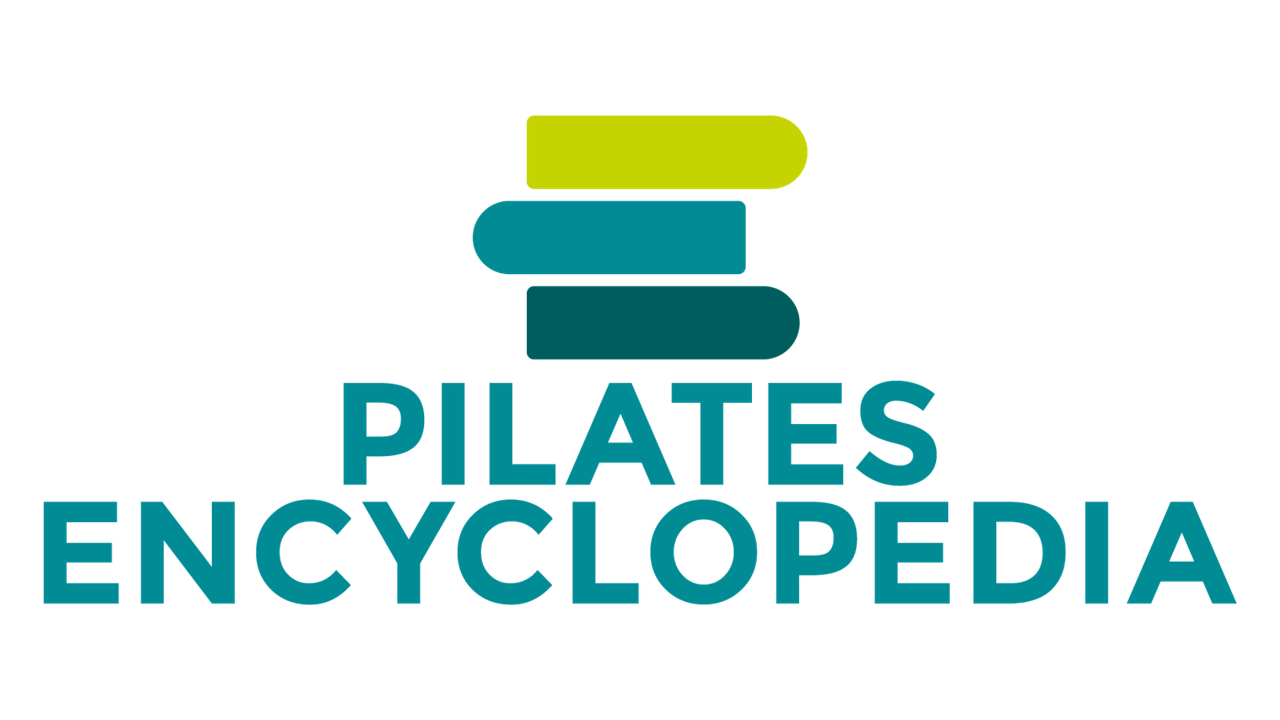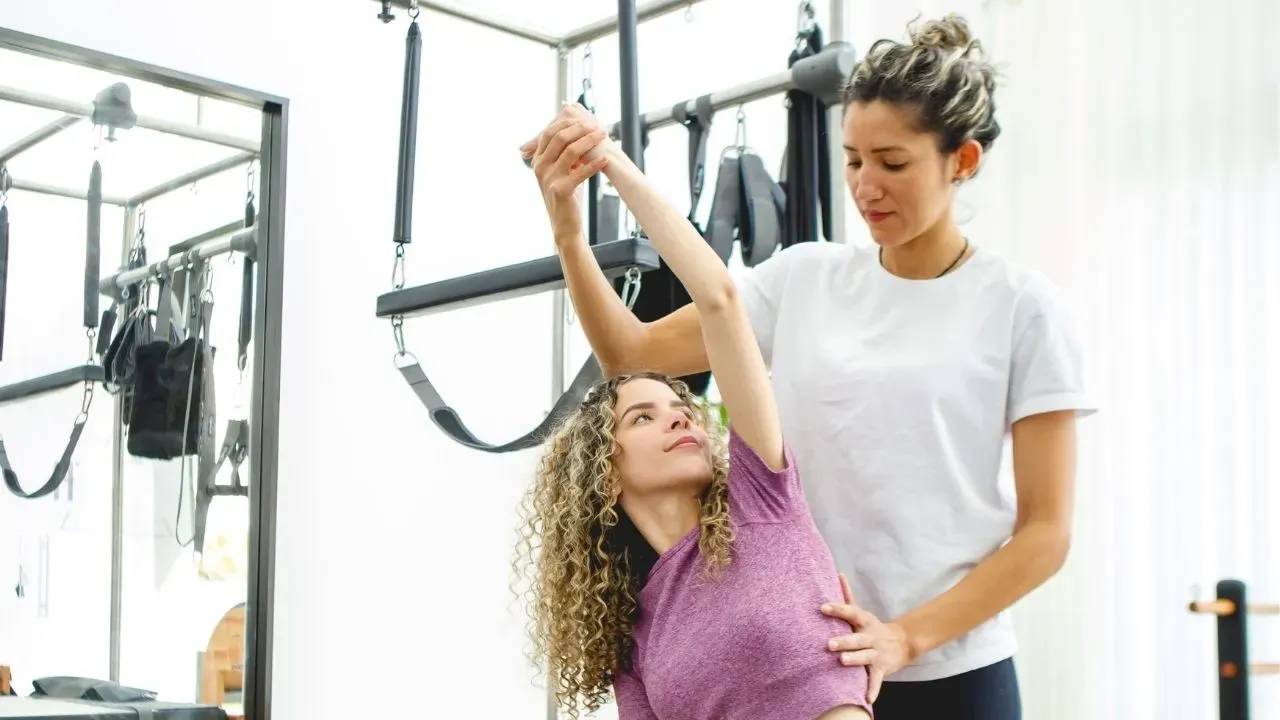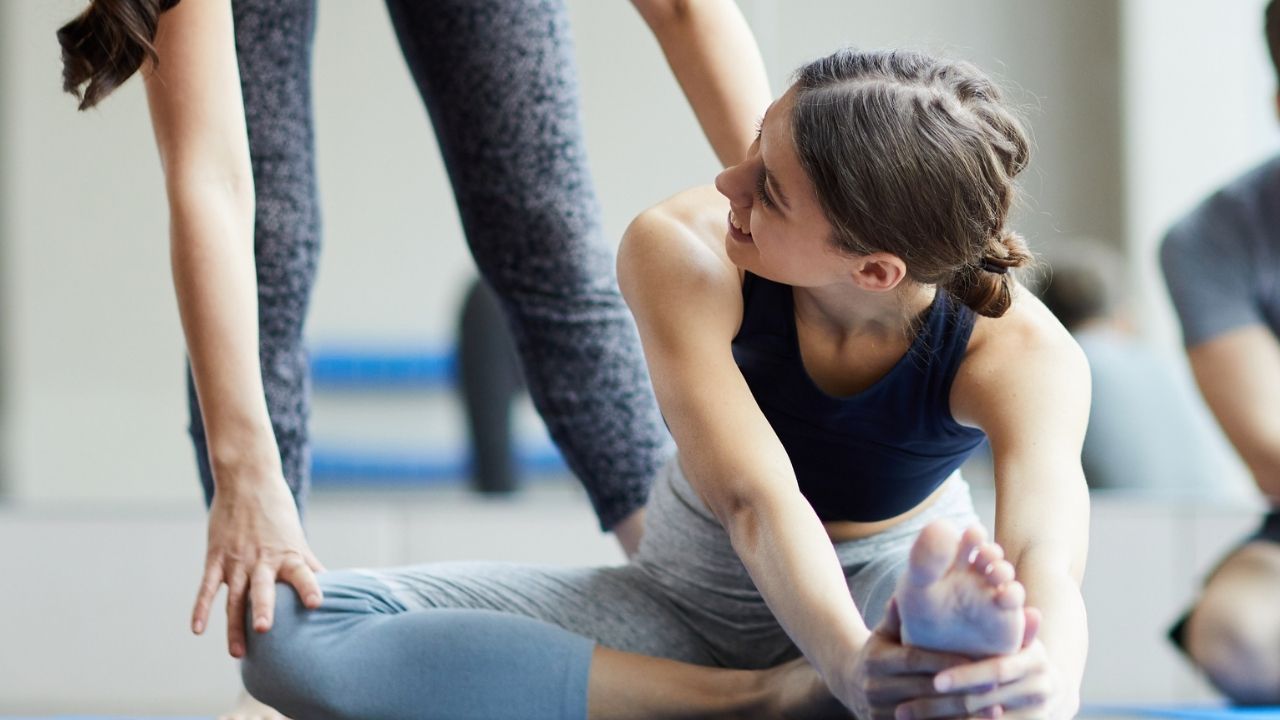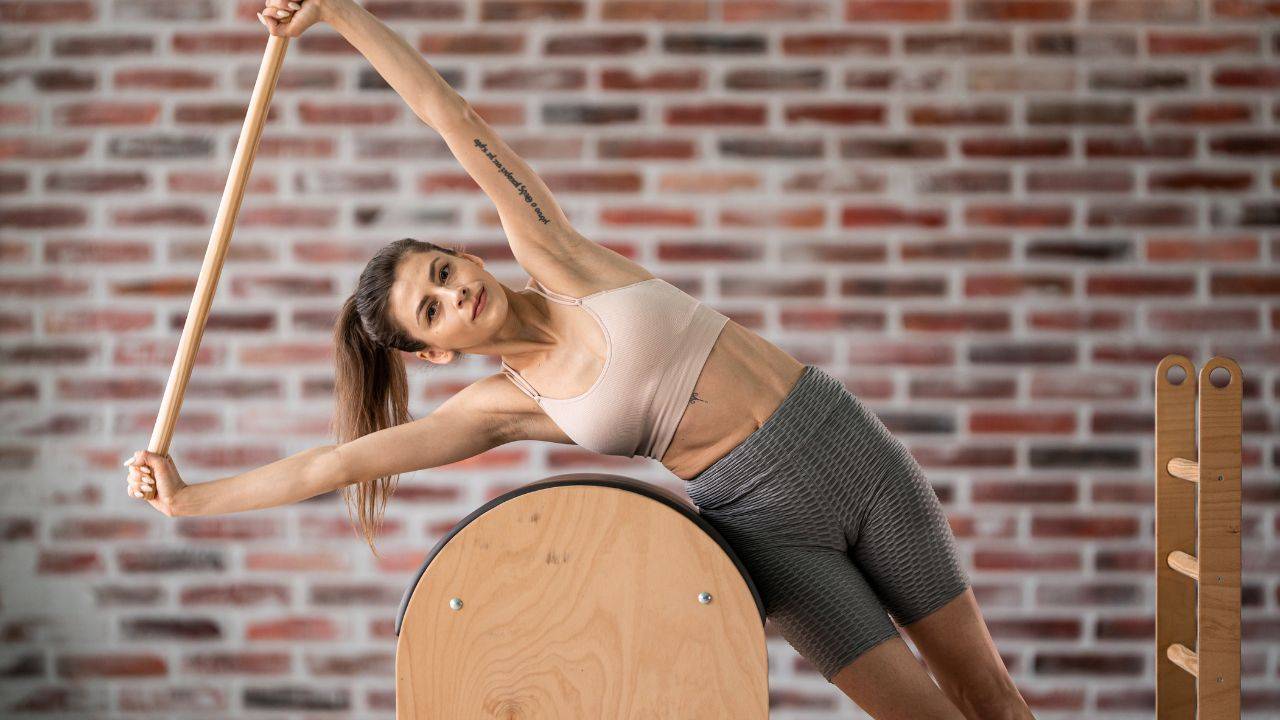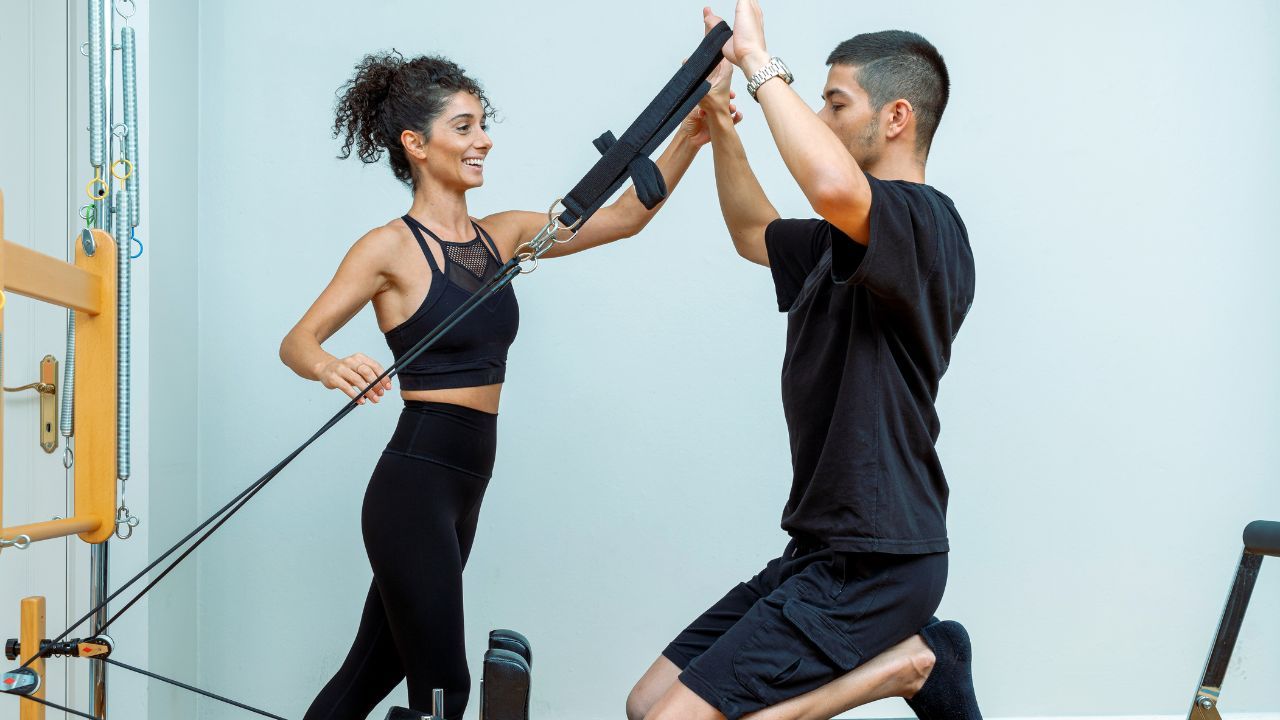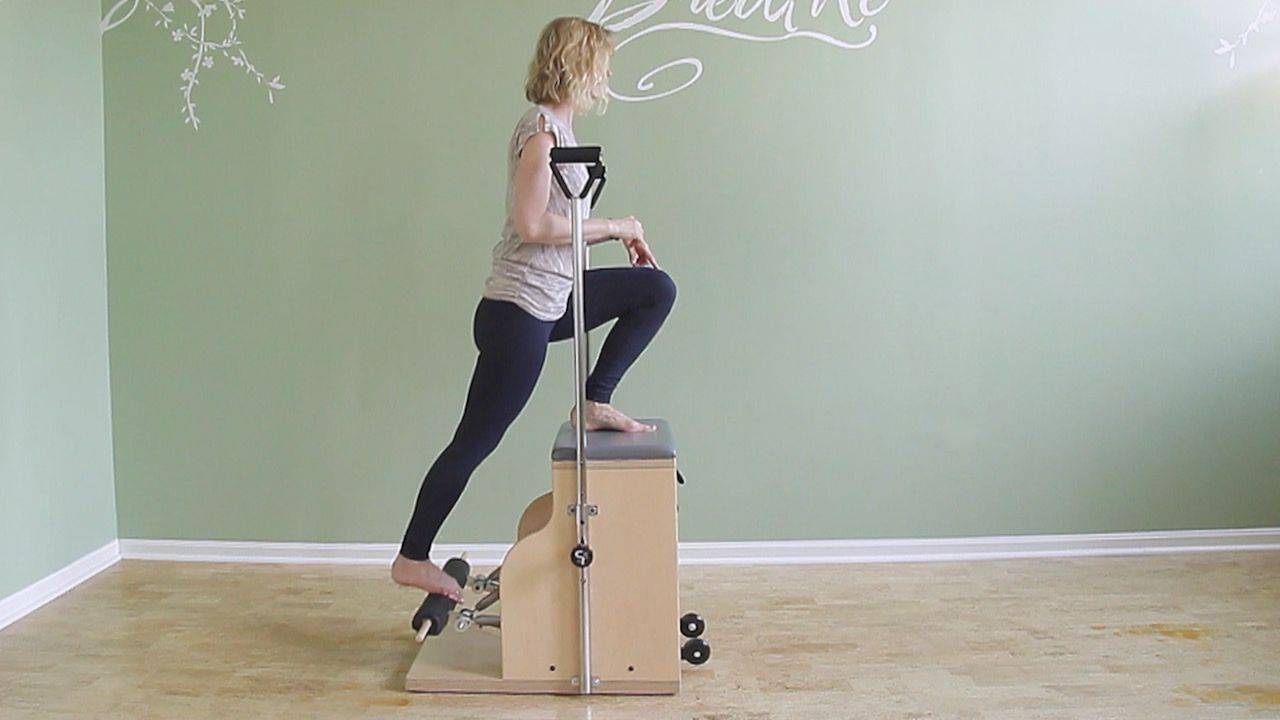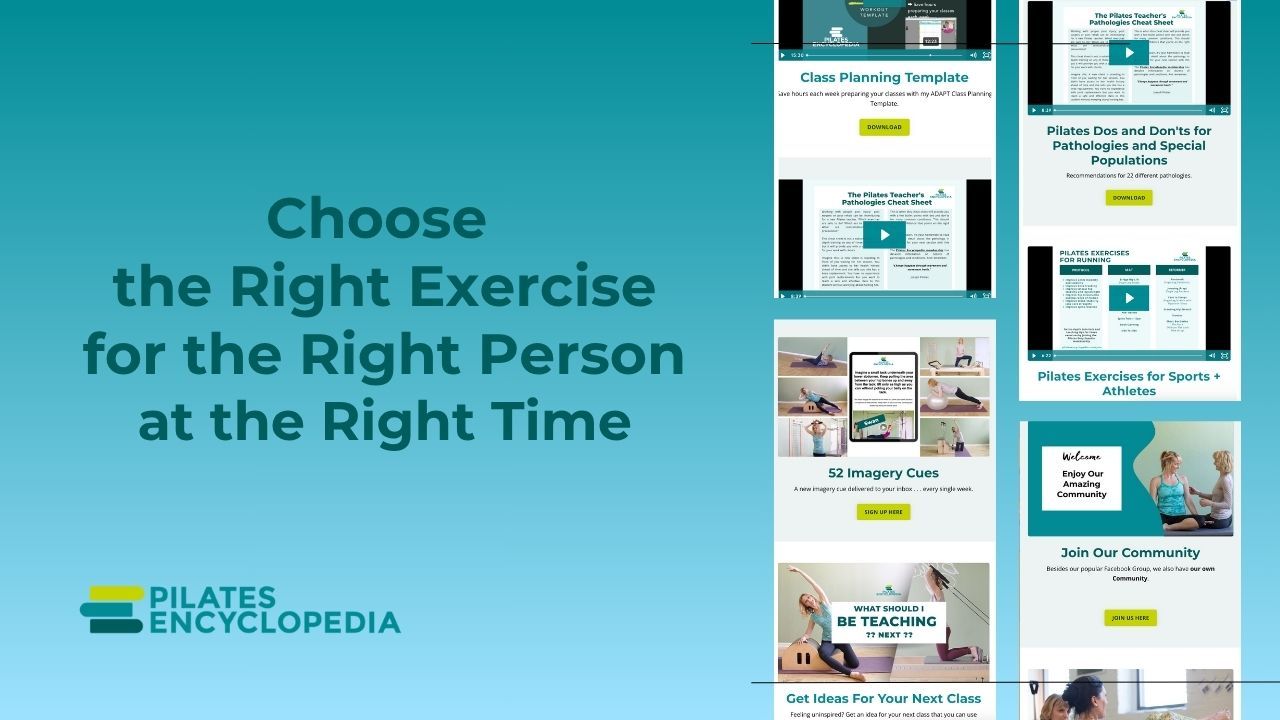Life as a Pilates Instructor: Linda Brown of Completely Fit 4 Life in Auburn, CA
Apr 07, 2021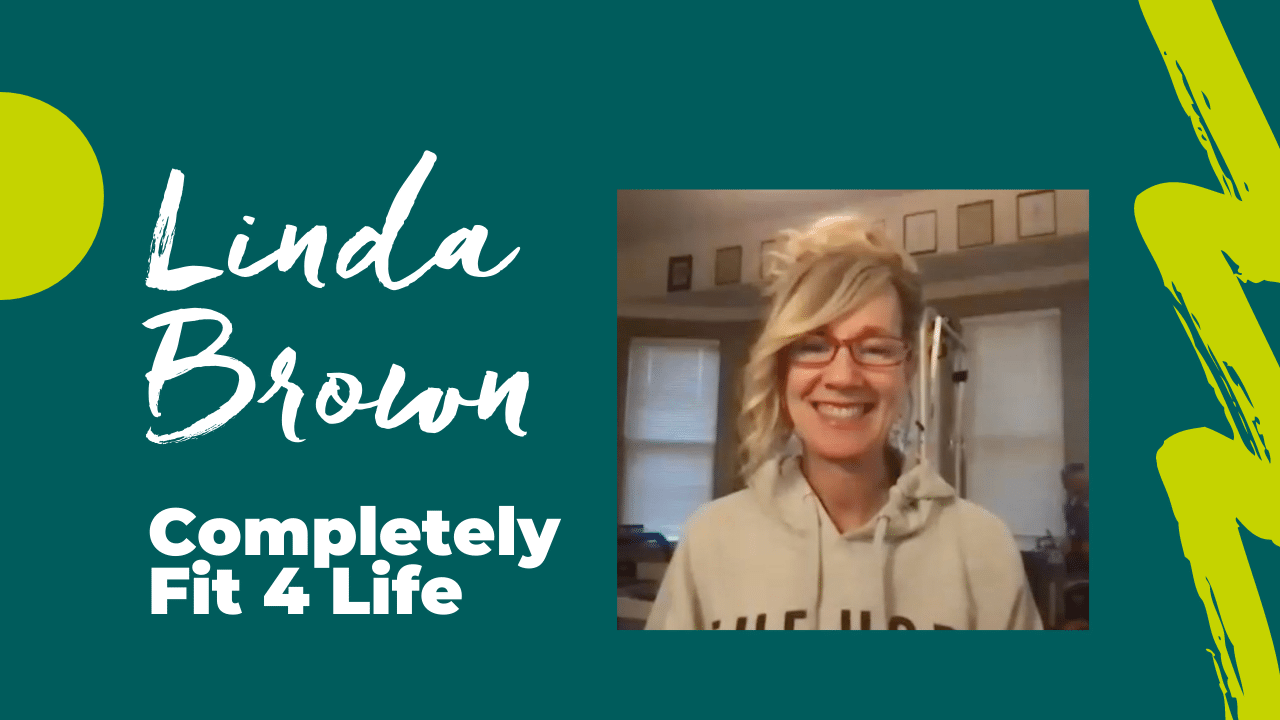
Here's another in a series of conversations I had with Pilates instructors and studio owners about life as a Pilates instructor.
These honest conversations are a way to gain insight into what life is like as a Pilates teacher. If you're considering becoming a Pilates teacher, these conversations don't hold back. They prepare you for what you have to know.
These are some of the highlights from our conversation:
- There is a need for trained Pilates teachers today. People really need an understanding of health, they need an understanding of how to take care of their body.
- More proof that well-trained Pilates instructors are needed is that many studio owners say that they have a hard time finding good instructors.
- That downsizing and getting small again can be a very good thing. Bigger is not always better.
- Pilates works from the outside in. When we first get to know the method, we look at the form and shape of the exercise. We ooh and aah about all the exciting moves you can do. Over time we deepen our understanding and we realize the external form is not really what it's about. Pilates has inner values. 😉
- Pilates Instructors are hope carriers, we carry hope.
- How important it is to honor one's own limitations (i.e. regarding how many hours to teach in a day or week). We want to help everyone, but there's only so much time.
Watch or listen here:
To get in touch with Linda, visit their studio website at https://www.completelyfit4life.com/
I'd love to hear from you: What's your favorite and least favorite part of being a Pilates instructor? Shoot me an email.

Listen to more "Life As A Pilates Instructor" conversations:
Gail Giovanniello from Mind Your Body in New York City
Stephanie Glickman from Armature Pilates in Brunswick East, Australia
Debi and Denni of Pilates and Beyond in Encinitas, California

